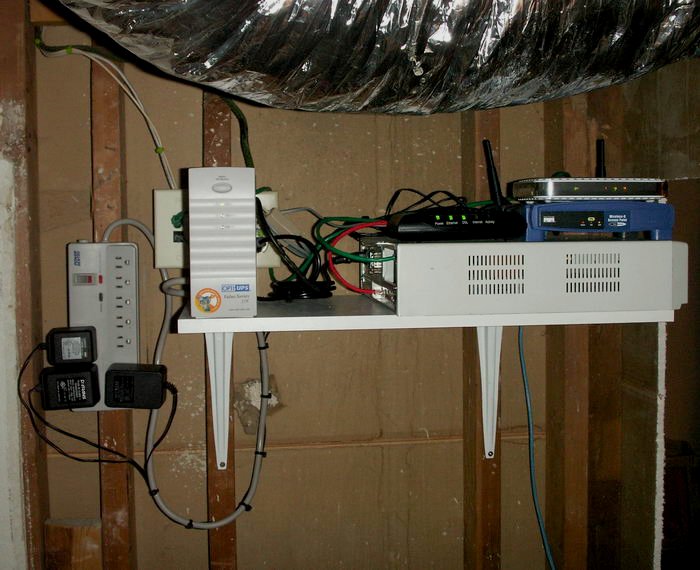I don't know of any quick "plug and play" distros that support wireless aside from DD-WRT and Mikrotik, both require Atheros chipsets.
Its not just the cards, its the drivers. I don't think most linux drivers support AP mode.
A Trendnet PCI BG or ABG card is around $25-35, that is the route I took.
Its not just the cards, its the drivers. I don't think most linux drivers support AP mode.
A Trendnet PCI BG or ABG card is around $25-35, that is the route I took.
![[H]ard|Forum](/styles/hardforum/xenforo/logo_dark.png)
